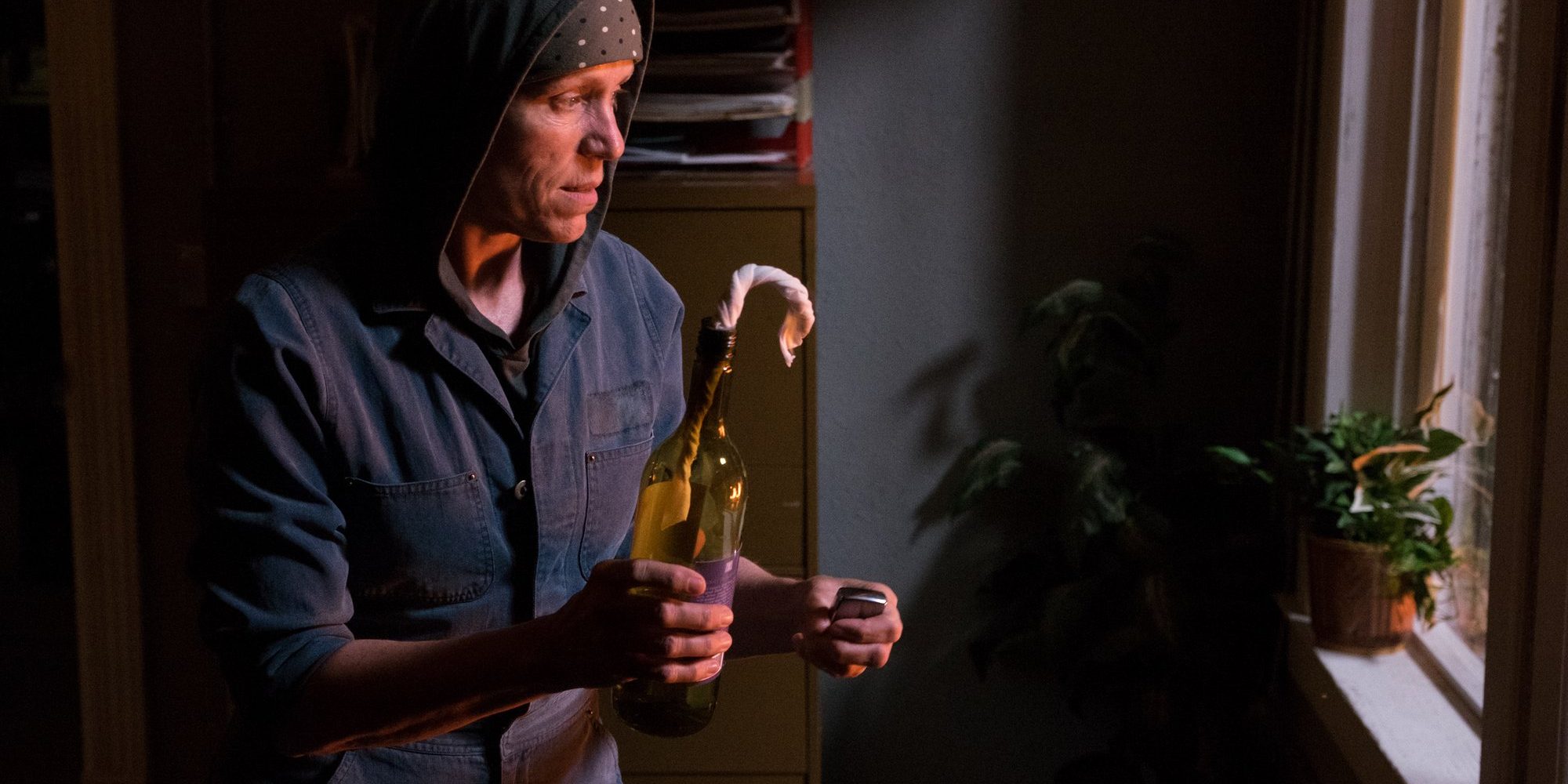Frances and the Inclusion Rider? We need equitable access to arts training

The concept of the Inclusion Rider has suddenly hit the mainstream following its use by Frances McDormand in her Oscar acceptance speech yesterday. What might this mean for actor-training institutions such as the Victorian College of the Arts?
You’d be hard-pressed to find a more searched term on Google in the last 24 hours than the last two words of Frances MrDormand’s acceptance speech at the Oscars: Inclusion Rider.
This is a relatively new idea introduced in a TED talk by Stacy Smith in 2016, where A-list stars (such as MrDormand) are encouraged to insert a clause into their contract ensuring a level of diversity in the cast and crew employed on a film, where – in Smith’s words – “women, people of colour, and members of L.G.B.T. communities are traditionally underrepresented”.
At institutions such as the Victorian College of the Arts, where performers, film-makers, designers and technicians are trained for this very industry, we too should be obligated to explore our own version of the Inclusion Rider as we make offers to potential students who audition and interview for us all over the country.
This idea of access, inclusion and diversity is not only vital to ensure the student population represents the diversity of the world around us but, importantly, it’s the only way we can ensure there is a readiness and availability for our screens and stages to be diversely populated.
One thing to be capitalised on here is the commercial appetite for diversity in casting and storytelling. We only have to look at the 2018 Oscar nominations, where films such as Get Out, The Shape of Water, Three Billboards and Call Me By Your Name – which all celebrate diversity either in narrative plot, casting or both – have established the new trend that demands for inclusive and diverse stories on our screens.
Change is here and hopefully to stay.
That said, in order for a diverse student population to feel there is a legitimacy to their own aspiration to work in front or behind of our stages and screens, it’s vital there is opportunity for them to first see people like themselves teaching at the institutions where they learn, and to see people like themselves in front of and behind the cameras of Hollywood.
One of the primary obstacles institutions such as the VCA face in terms of a diverse student population is the sense of privilege surrounding access to our areas of study. Apart from the rare few with raw talent (Margot Robbie), aspiring students seeking tertiary training in areas such as Dance and Music Theatre will have had to spend several years studying movement and singing technique (alongside high school) to have the skill-level required to even audition.
Those interested in pursuing Acting will have at least been exposed to the works of Shakespeare, Live Theatre and the Cinema, and film-makers will have been given access to cameras and other equipment.
Let’s not forget this all assumes people will have a) had access to school, and b) been given the opportunity to complete their studies once there.
The Inclusion Rider is one thing – put all the M&M colours in the bowl – but let’s ensure we maintain equitable access to training to ensure all the voices are ready to meet this new demand.
Associate Professor Matt Delbridge is Head of Theatre at the Victorian College of the Arts.